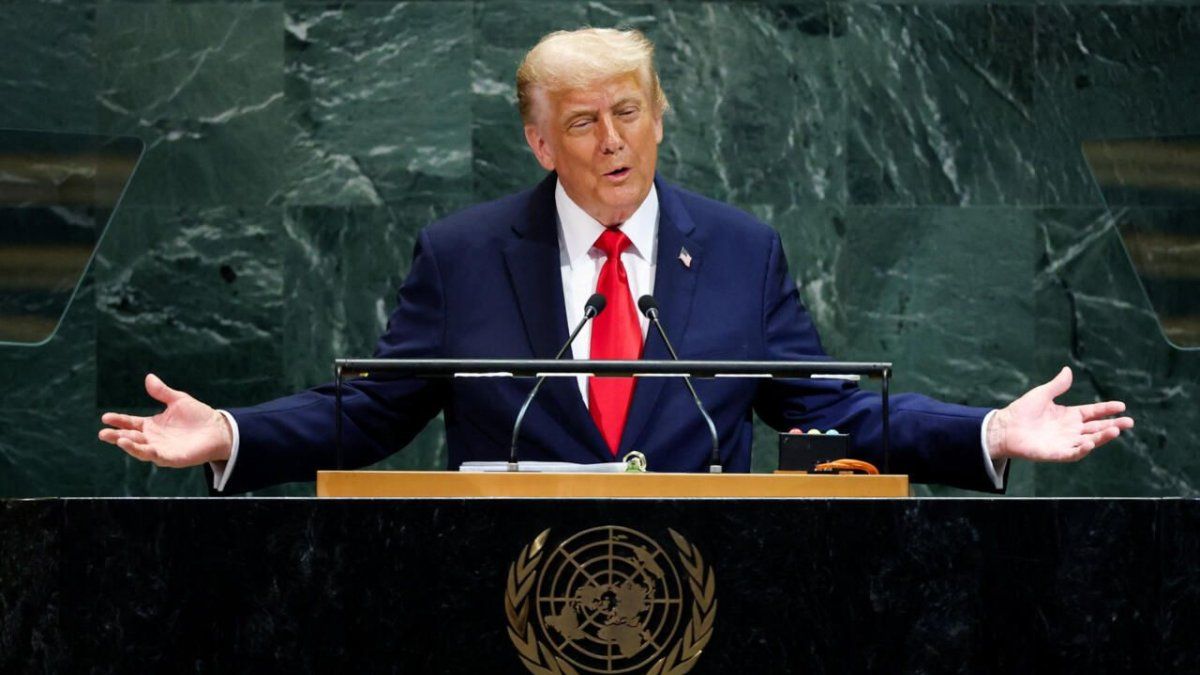The specific weight of the three traditional sectors, agriculture, industry and commerce, will vary significantly in the coming years. The expulsion of industrial labor due to automation, the abandonment of the countryside by individuals taking into account the increasing mechanization of agricultural and livestock activities and migration to urban centers, consistent with the search for direct access to the benefits of modernity, will alter traditional economic equations.
The implications leading to these transformations bring with them a vast number of challenges. This is when we developed the concept of urban economy: work, employment and businesses that are generated in the territory of the cities in complementation with the process of accumulation of foreign currency that causes the export of the countryside, industry and services.
This simple reasoning that presents us with a balanced trade balance and allows us to grow economically is only viable if we are integrated into the global economic system. The old proposal of living with what is ours no longer exists. If we are not incorporated into the world economic system, we will never be able to be part of this process of urban economic development based on intermediation, the provision of goods and the provision of services.
This way of looking at the economy encourages non-traditional activities and processes that allow the formulation of public policies aimed at new forms of production and wealth generation for the countries and at the same time local legislation to encourage the marketing chains and provision of services as the main sources of human labor.
It is a change of focus, where the most important thing is to go from analyzing the economic sectors and formulating policies aimed at increasing their growth to designing strategies to reduce poverty by promoting economic activities with more efficient local public policies.
The NEU seek new solutions to the old problems that the traditional economy could not solve: poverty, wealth distribution, income inequality and inequity in the access and use of resources and infrastructures.
The prevailing economic growth model focuses on increasing the Gross Domestic Product (GDP) above all other objectives. Although this system has improved the income of nations in macroeconomic numbers, it entails significant and potentially irreversible social, environmental costs. For this reason, poverty persists in many of the world’s economies, and the natural wealth of the planet is rapidly diminishing.
The new urban economies are demonstrating their ability to transform the current economic model and put it at the service of people and the planet to achieve innovative, sustainable and inclusive growth of life in cities. Implementing them is the task that we must assume in order to change and once and for all enter a process of employment generation that reverses the fatal unemployment rates that reach us.
Deputy in the City Legislature (mc). Chairman of the Cities in Action Party
Source: Ambito
David William is a talented author who has made a name for himself in the world of writing. He is a professional author who writes on a wide range of topics, from general interest to opinion news. David is currently working as a writer at 24 hours worlds where he brings his unique perspective and in-depth research to his articles, making them both informative and engaging.




